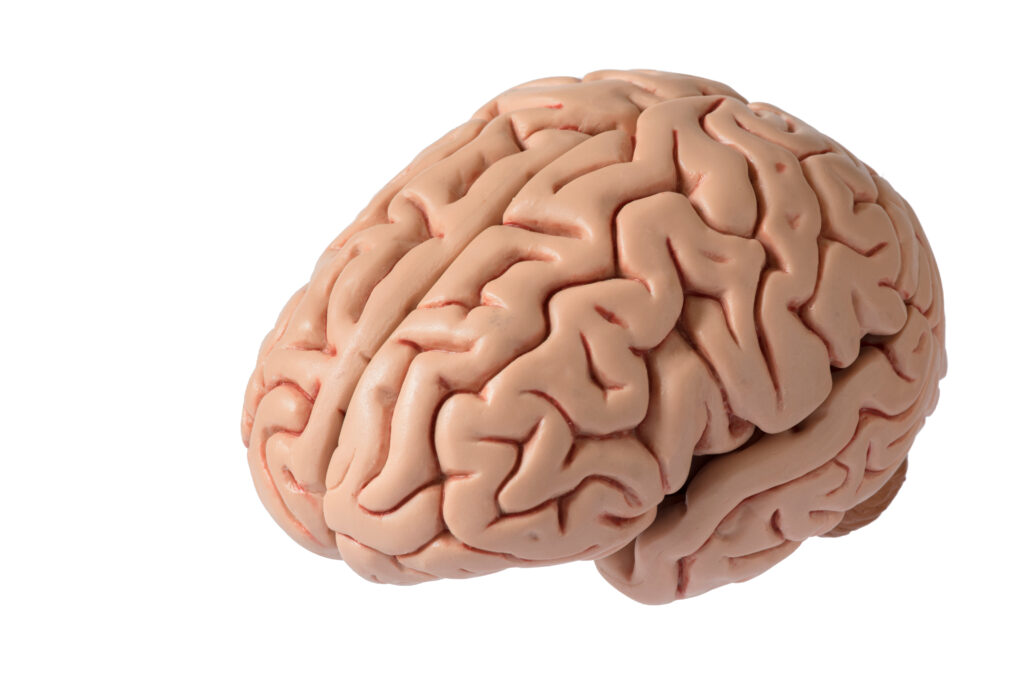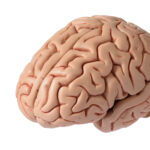### The Link Between Folic Acid and Dementia Prevention
Dementia, particularly Alzheimer’s disease, is a complex condition that affects millions of people worldwide. While there is no definitive cure, research has shown that certain nutrients, including folic acid, may play a role in preventing or slowing down the progression of dementia. In this article, we will explore the link between folic acid and dementia prevention in a simple and easy-to-understand style.
#### What is Folic Acid?
Folic acid is a form of vitamin B9, which is essential for various bodily functions. It helps in the production of red blood cells, supports brain health, and is crucial for preventing birth defects. Folic acid is found naturally in foods like spinach, asparagus, and beans, but it can also be taken as a supplement.
#### How Does Folic Acid Help in Dementia Prevention?
Research suggests that low levels of folic acid can increase the risk of dementia. Here are some ways folic acid may help in preventing or slowing down dementia:
– **Brain Health**: Folic acid is known to support brain health by reducing the levels of homocysteine, an amino acid linked to heart disease. High homocysteine levels have been associated with an increased risk of dementia[1].
– **Neuroprotection**: Folic acid may help protect the brain from damage by reducing oxidative stress and inflammation, which are underlying mechanisms in Alzheimer’s disease[2].
– **Cognitive Function**: Some studies indicate that folic acid supplementation can improve cognitive function, particularly in individuals with low folate levels[3].
#### Foods High in Folic Acid
Incorporating folic acid-rich foods into your diet is a great way to support your brain health. Here are some high-folate foods:
– **Leafy Greens**: Spinach, asparagus, and Brussels sprouts are excellent sources of folic acid.
– **Legumes**: Beans, lentils, and peas are rich in folate.
– **Citrus Fruits**: Oranges and avocados are good sources of folic acid.
– **Fortified Foods**: Breakfast cereals and breads are often fortified with folic acid.
#### When to Consider Folic Acid Supplements
While a balanced diet is always the best approach, there are situations where folic acid supplements might be necessary:
– **Pregnancy**: Women planning to conceive or already pregnant should take folic acid supplements to reduce the risk of neural tube defects like spina bifida and anencephaly[1].
– **Folate Deficiency**: Individuals with conditions like coeliac disease, inflammatory bowel disease, or chronic diarrhea may need folic acid supplements to maintain adequate levels[1].
– **Medication Interactions**: Certain medications like methotrexate and anti-epileptic drugs can interfere with folate metabolism, making supplements necessary[1].
#### Conclusion
While folic acid is not a magic bullet for preventing dementia, it is an important nutrient that can support brain health. A balanced diet rich in folic acid and, if necessary, supplements, can help reduce the risk of dementia. Always consult with a healthcare professional before starting any new supplements, especially if you have underlying health conditions or are taking medications.
By making informed choices about your diet and potentially using folic acid supplements, you can take proactive steps towards maintaining a healthy brain and reducing the risk of dementia.


